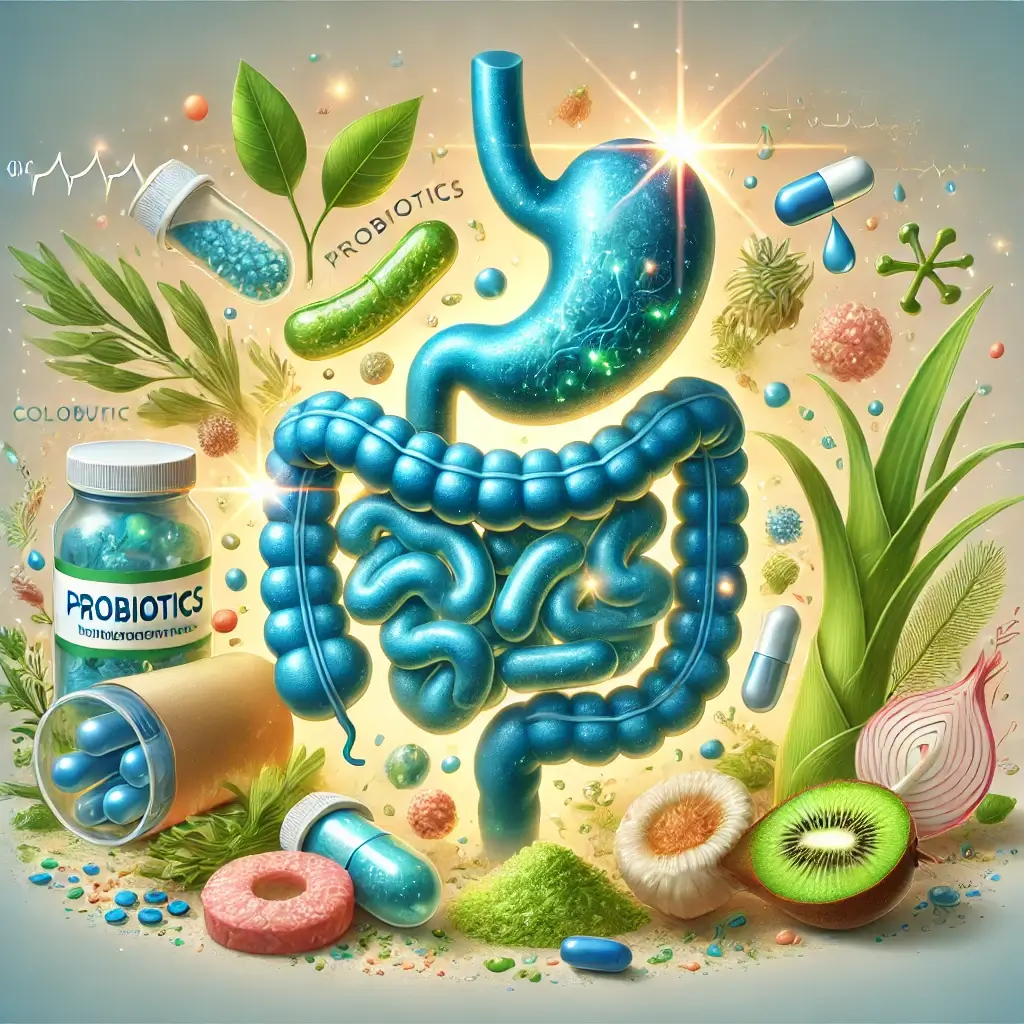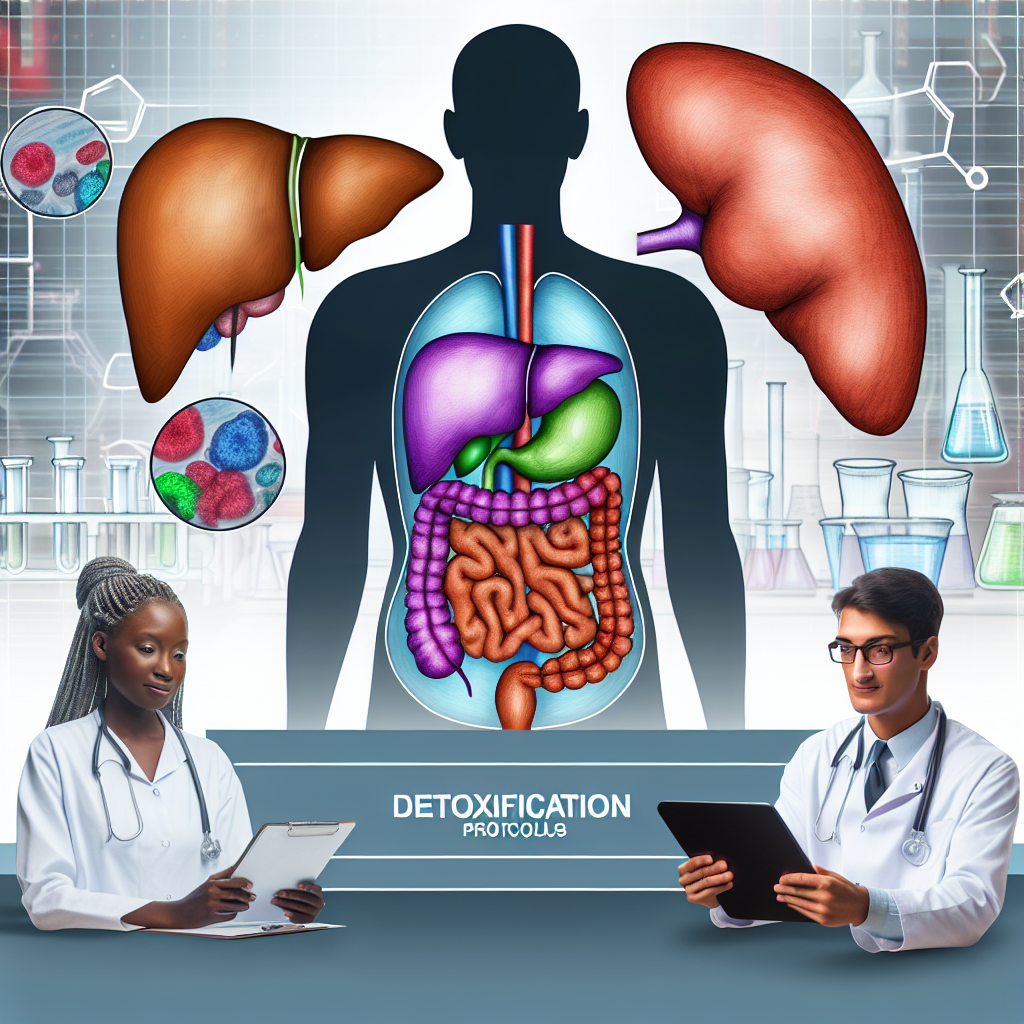Impact of Antibiotics on Aging Gut Health
Antibiotics are often lifesaving, but their impact on gut health is significant, particularly for older adults. As we age, our gut microbiota becomes less diverse and more fragile. Antibiotic treatments can exacerbate these changes, disrupting the balance of beneficial and harmful bacteria in the gut. For seniors, this disruption may lead to a cascade of issues, including reduced digestive function and weakened immune response, and increased vulnerability to opportunistic infections. Restoring gut health post-antibiotic therapy in older adults is thus a critical component of recovery, requiring a thoughtful, phased approach tailored to the unique challenges of aging.
Modern Advances in Microbiome Science
Recent advances in microbiome science have expanded our understanding of gut health and its restoration. Traditional remedies like fermented foods and herbal supplements are now being combined with cutting-edge probiotic and prebiotic formulations to support microbiome diversity and intestinal integrity. This synthesis of old and new provides an opportunity to create targeted recovery protocols for immediate and long-term needs.
Introduction to Research-Backed Protocol
This article outlines a comprehensive, research-backed protocol for post-antibiotic gut recovery in older adults. It considers the physiological changes that occur with aging, emphasizes safety and monitoring, and integrates dietary, supplemental, and lifestyle interventions for optimal gut restoration.
Evidence-Based Recovery Protocols
The first week after completing antibiotic therapy is critical for addressing acute gut dysbiosis. The following interventions are particularly beneficial:
Probiotic Intervention Guide
Saccharomyces boulardii: A yeast probiotic effective in preventing antibiotic-associated diarrhea, taken at 5-10 billion CFU daily.
Lactobacillus rhamnosus GG: Supports gut barrier function, administered at 10-20 billion CFU daily.
Bifidobacterium lactis: Enhances immune response, dosed at 5-10 billion CFU daily.
Essential Gut Support Nutrients
L-Glutamine: Aids in repairing the intestinal lining; recommended dose is 3-5g daily.
Zinc Carnosine: Reduces inflammation and promotes healing; dose is 75-150mg daily.
Colostrum: Rich in immunoglobulins, supports mucosal immunity; 2-4g daily.
Restoration Phase Protocol
As the gut begins to stabilize, the focus shifts to rebuilding microbiome diversity and strengthening intestinal mucosa.
Advanced Probiotic Diversification
Multi-strain probiotics containing 30-50 billion CFU daily.
Soil-based organisms (SBOs) at 1-3 billion CFU daily.
Prebiotic fibers such as inulin and FOS at 5-10g daily.
Mucosal Support Herbal Protocol
Aloe Vera: Anti-inflammatory and soothing; 100-200mg daily.
Marshmallow Root: Supports mucosal integrity; 1000-2000mg daily.
Slippery Elm: Coats and protects the gut lining; 500-1500mg daily.
Latest Medical Research Findings
Recent studies underscore the importance of tailoring post-antibiotic recovery protocols to the unique needs of older adults:
Key Research Studies and Outcomes
Anderson et al. (2023) highlighted the effectiveness of multi-strain probiotics in elderly populations, emphasizing their role in reducing antibiotic-associated diarrhea and improving overall gut health.
Lee et al. (2022) explored age-specific considerations in microbiome restoration, revealing that older adults benefit more from targeted interventions like soil-based organisms and mucosal support nutrients.
Thompson et al. (2023) conducted a systematic review showing that probiotic supplementation significantly improves immune responses in seniors recovering from antibiotic therapy.
Research-Based Conclusions
Post-antibiotic gut recovery for older adults requires more than just a generic probiotic regimen. It demands a strategic, phased approach that accounts for the unique physiological challenges of aging. By combining traditional remedies with modern scientific advancements, practitioners can effectively support microbiome restoration, enhance immune resilience, and improve overall well-being in aging populations. Continued research and innovation in this field will undoubtedly refine these protocols further, ensuring better outcomes for senior patients.
Academic References
Anderson, M. B., et al. (2023). Post-antibiotic microbiome restoration in aging populations. Journal of Gerontology, 78(4), 567-581.
Lee, S. H., et al. (2022). Gut recovery protocols following antibiotic therapy: Age-specific considerations. Frontiers in Microbiology, 13, 892345.
Thompson, R. K., et al. (2023). Probiotic interventions in elderly gut health: A systematic review. Beneficial Microbes, 14(3), 234-248.

Dominic E. is a passionate filmmaker navigating the exciting intersection of art and science. By day, he delves into the complexities of the human body as a full-time medical writer, meticulously translating intricate medical concepts into accessible and engaging narratives. By night, he explores the boundless realm of cinematic storytelling, crafting narratives that evoke emotion and challenge perspectives.
Film Student and Full-time Medical Writer for ContentVendor.com




